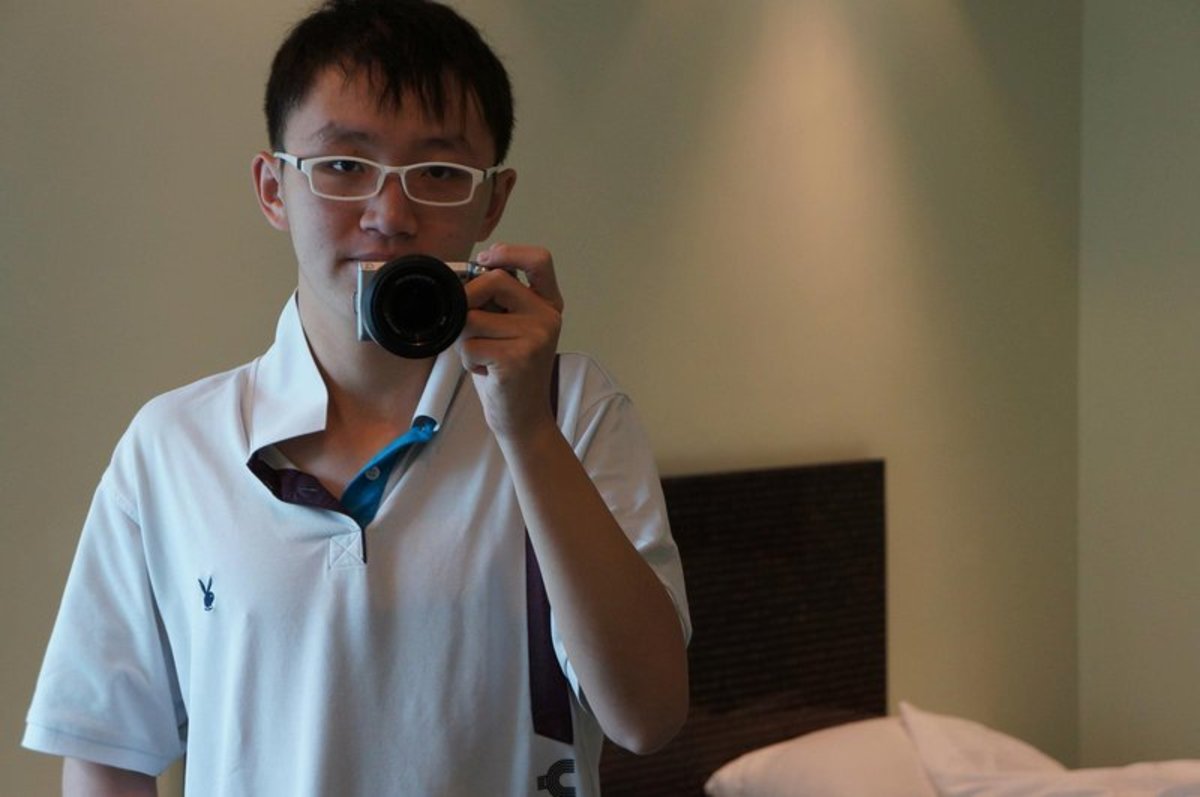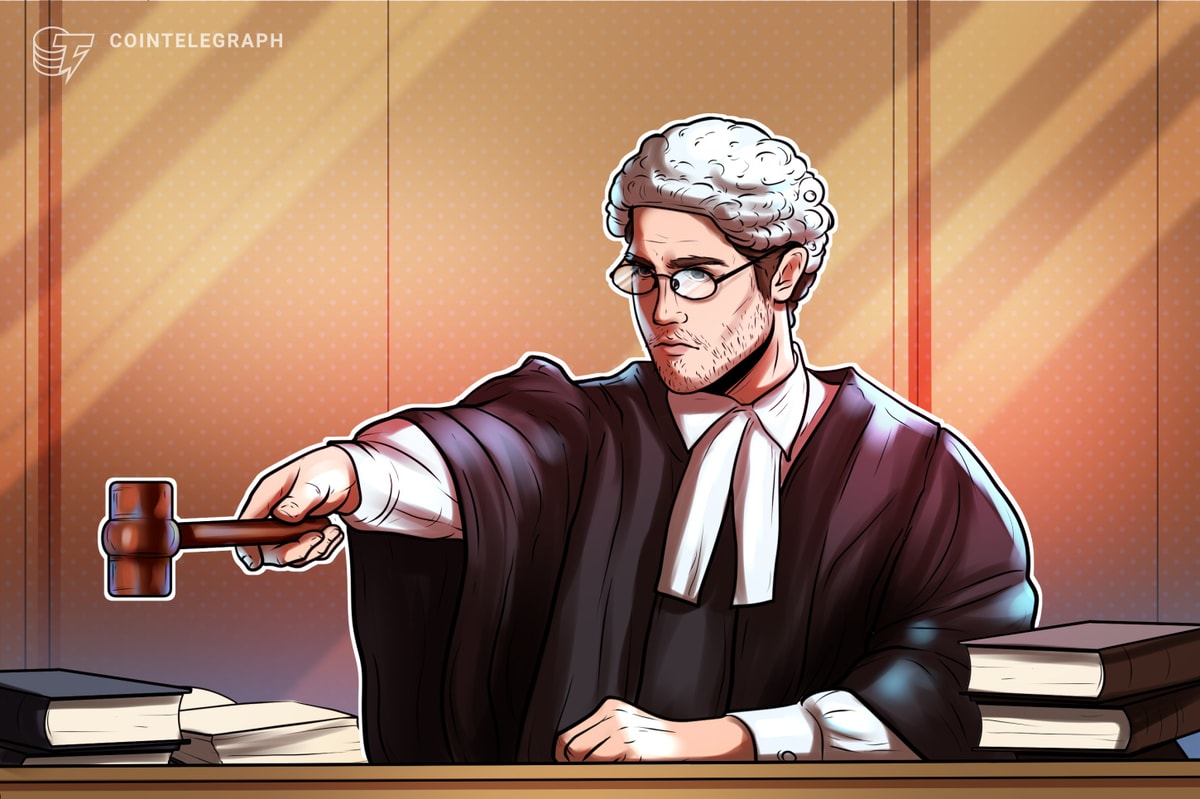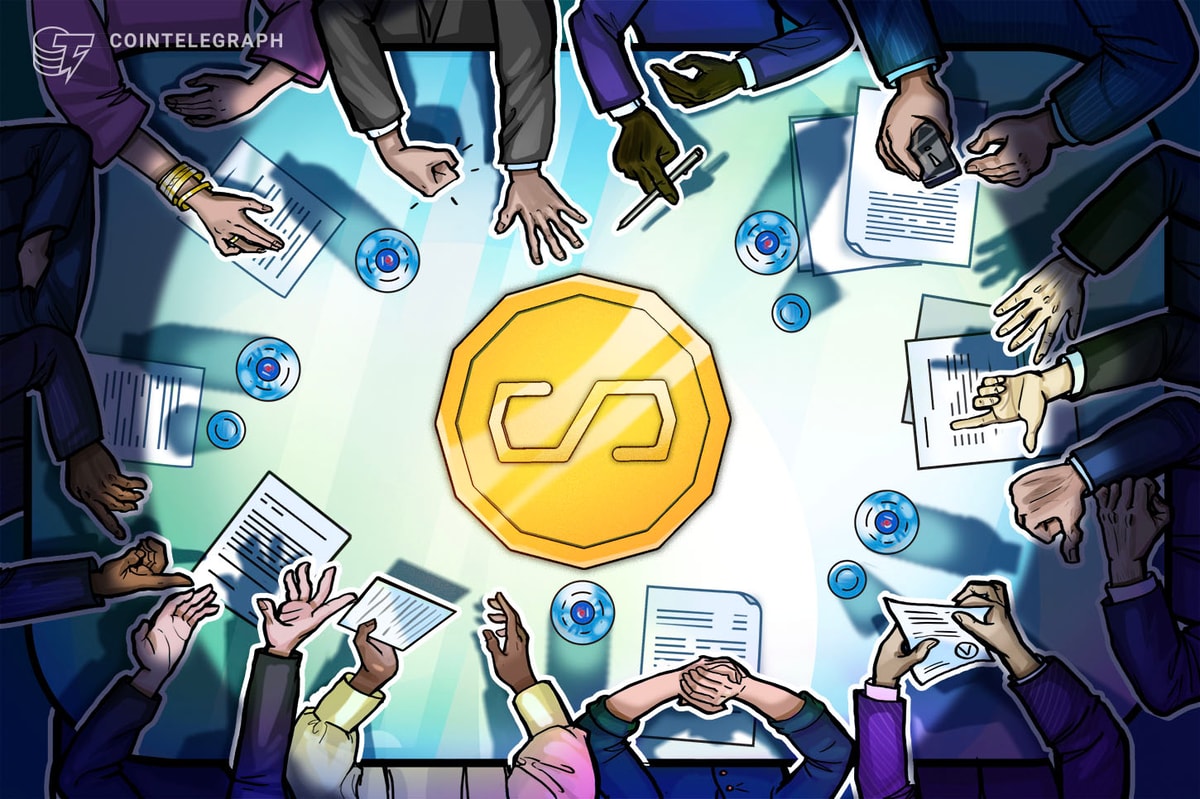
This interview can also be found on Coinabul’s official blog
A 17 year old coder and entrepreneur named Zhou Tong (pictured above) created a website last year. The growth that his website exhibited is inspirational. In less than 6 months Bitcoinica.com was home to over one million dollars in assets. That young entrepreneur sold Bitcoinica a couple months ago and the new owners are having troubles operating the site securely. Zhou Tong is one spectacular, inspiring, and very young entrepreneur and I had the opportunity to ask him about his experiences. Hopefully the questions I asked will help others achieve the enormous growth his website generated.
Q: So, let’s start out with the basics. What type of family did you grow up with? What portions of your childhood do you think contributed the most to your character and work ethic?
A: I grew up in an ordinary Chinese extended family with hard-working parents. My grandparents were the ones looking after me in childhood. Up to the age of 12, I had no pocket money at all because my family pretty much decided everything for me. The only thing that I had to concentrate on was studying. I was not good at anything else, basically.
I would say there’s nothing interesting in my childhood. No toys, no cartoons and no comic books. I stayed happy because I could always get very good results and everyone in family was proud of me, and luckily I loved most of the compulsory subjects in school – especially Math, Physics, Chemistry and English.
The greatest influence to myself happened after going to Singapore. After being posted to The Affiliated High School of SCNU, the best high school in Guangzhou city, I subsequently received a scholarship offer from Ministry of Education, Singapore. I accepted it with only a few days of consideration, without much understanding about its potential influence to me. Being completely self-independent at 14 was really challenging for a lot of people, and for a long time, I wasn’t achieving anything in life. I became lazy, passive and I fell in love.
I didn’t really know how to have fun, because I didn’t play computer games at all. So I ended up reading books. I bought a few books about PHP, Ruby on Rails, personal finance and startups. At that time, I could use PHP to program a simple meta search engine (to combine search results from different source, de-duplicate and extract keywords). Coding became my only passion because I could get the sense of achievement. I joined my classmate’s blog TechXav and started writing tech articles as well (http://www.techxav.com is still alive, but the new owner killed my design and stopped updating. You can still read my articles though.) After I started learning Ruby on Rails, I got a feel about web developers’ community and I started to explore the popular philosophy – being small, simple and lean. At the same time, I got a lot of inspiration from books about Tony Hsieh (Zappos), Robert Kiyosaki (Rich Dad) and Steve Jobs. I dreamed about a private library of all O’Reilly books too.
Every year, I learned more than all previous years since birth combined. And I aim to achieve this in the future.
Q: When you created Bitcoinica, you managed to make a very lean startup, what tips do you have for keeping costs so low?
Being a technical founder, I didn’t really need anything to get started. I didn’t have money or any partners and I didn’t know any investors either. Even though my community members dismissed the importance, I still think the cloud was what made Bitcoinica lean. I started on Heroku and spent less than $100 a month to handle million of page requests every month. I outsourced sysadmin, security, banking and everything I couldn’t handle to third parties. Early users of Bitcoinica even complained about the inability to accept Bitcoin deposits directly (since Bitcoinica handled no Bitcoin wallets at all).
Cloud computing enabled Bitcoinica to be started at zero capital and grow up quickly with a very high up-time. I couldn’t really afford a powerful dedicated server when I started running the service.
Q: A lot of community members have commented on your exemplary morals and demeanor. What things do you keep in mind to hold yourself to such a high standard. Do you have any mentors or figures you look up to?
A: I didn’t do anything much. For me it was just intuitive to behave like that. Or I can say, I was influenced by Tony Hsieh, Steve Jobs and many startup people. I always have the habit of reading Hacker News everyday so I know the usual way of handling most problems in daily operations.
Q: If you’re comfortable with the question, how much did you sell Bitcoinica for?
A: It was strictly NDA’d. I have only signed one NDA in my life and I don’t generally feel comfortable about NDAs. I signed it because I deeply understood the investor’s reasoning behind the confidentiality.
Q: What have you learned during the brief life of Bitcoinica?
a. Customer service is important.
b. A tech startup founder must be a developer.
c. Ideas are worthless.
d. The best way to make money is to generate value for others, and take a cut.
e. Never outsource core competency and always outsource incompetency.
Q: What do you have planned for the future? Will you continue working for yourself? Continue starting new businesses?
A: I have started working on NameTerrific since mid-March. It’s another solo venture. I was invited to join a few startups earlier but all of them failed before gaining any traction.
Q: I recall one time when talking to you that you denounced NDAs. What brings/brought you to that opinion?
A: Ideas are worthless. NDA results in adverse selection – only the people who care about you will talk to you. Everyone else is behind the NDA wall. You can’t learn from them if you require an NDA. If you seriously want to improve the ideas while having a capability of perfect execution, share it with the world and the real high-calibre people will care.
Q: What is the most important thing aspiring young entrepreneurs should keep in mind when starting a business?
A: Do what you love and love what you do.
Q: What do you think Bitcoin needs to grow? Do you think Bitcoin will last longer than two years?
A: Bitcoin needs a lot of professional developers. The best software people in the Bitcoin world concentrate in the open source project itself. Not many people are actually doing the killer apps. What I see is long development timeframes and low product quality (in most, not all, of these projects). That’s one of the reasons that I decide to leave Bitcoin. Honestly, I think the business environment is not up to standard.
Bitcoin will last forever. It’s the first currency or commodity or whatever that relies on Math. Math is all about making general assumptions and proving logically. It never fails under the assumptions. Also, it’s the best choice for currency for a modern Anarchist state.
Q: I heard you’ve started a new website! What’s it called and what does it do? Do you see it being as successful as Bitcoinica?
NameTerrific. It’s a domain registrar (I’m not sure if I can call it a registrar if I’m only a reseller). You can get a powerful DNS powered by Route 53. It’s extremely simple to use and set up. Currently it’s in early stage of development and I aim to launch in late August.
It’s a low-margin business so it’s not really comparable to Bitcoinica. Also it’s way more scalable than any Bitcoin business in general. So the level of success depends more on my ability to scale (including hiring people) and maintain quality. I can easily calculate the break-even conversion rates so as long as it can pass the proof-of-concept stage by the end of 2012, the business can be run very predictably.
We hope you enjoyed this interview! We’d also would like to thank Zhou for taking his time in sharing his experiences from Bitcoinica. As he moves on to new ventures, we at Coinabul wish him luck!










